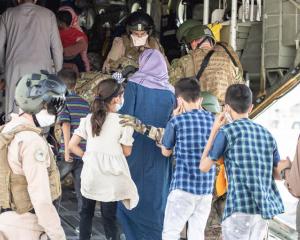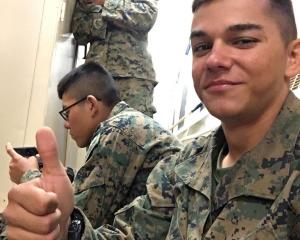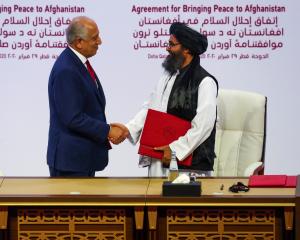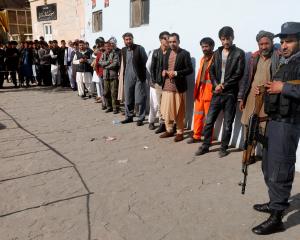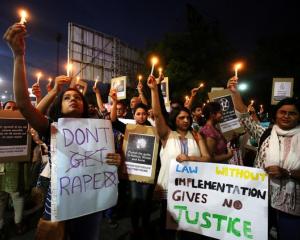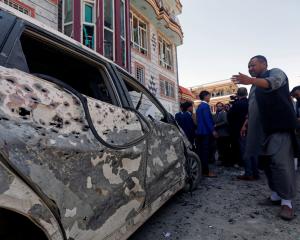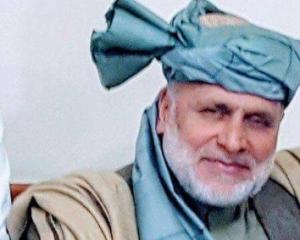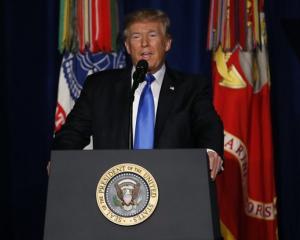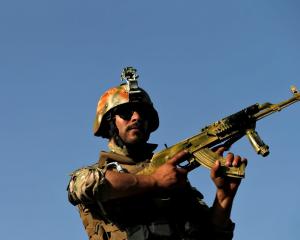General Stanley McChrystal, the International Security Assistance Force commander, told New Zealand journalists while in Kabul that progress in areas such as Bamiyan, where New Zealand has 140 personnel, was critical to securing peace.
The Government wants to phase out its presence in Afghanistan, with the rotation for the troops in Bamiyan set to end this September and with about 70 Special Air Services soldiers in Kabul due to leave in March.
Meeting Prime Minister John Key, who has just paid a secret three-day visit to Afghanistan, Gen McChrystal did not directly ask for an extension but in an unusual move told reporters that was what he wanted.
"It is something I would like to see. I try to shy away from dealing with the re-quirements for any country.
"I think that's for the wider coalition leadership to do.
"But what I have found is continuity of commitment to the Afghan people is important.
"First the Afghan people sense it. It gives them a sense of confidence which is very important for the future, but it also gives us a sense of partnership," he said.
Gen McChrystal met Mr Key on Saturday, the Prime Minister's first day in the country.
"I expressed the value of New Zealand's commitment but it's inappropriate for me to make those kinds of discussions with national leaders."Having countries such as New Zealand part of a coalition of 46 nations removed the idea of an occupation and increased credibility.
The work of the Provincial Reconstruction Team (PRT) in Bamiyan needed to be replicated around the country, he said.
"It's areas that are more secure now that we can make real progress in agriculture; where we can get kids in school and we are building the next generation.
Those are the areas where we are making progress that I think becomes more durable.
Now, we will eventually make progress like that everywhere in the country but it will take longer in areas where it is violent now."Mr Key said the PRT commitment was likely to roll over for a year and then start reducing as more civilians came in.
"Over time, the composition is going to change away from the military capability to a civilian capability and that's the plan.
"That will be starting in 2011. And that's part of the handing back of control, if you like, to the people of Afghanistan so there will be a military capability. It might be around 50 people."
The SAS commitment would be assessed.
Mr Key was flown out from Kabul airport by helicopter to meet the SAS on Saturday.
"The SAS preference would be to have a smaller contingent to stay for a bit longer."
Mr Key said the SAS had recently had a big success, uncovering in Kabul a massive cache of weapons, including missiles and hand grenades.
However, he would not commit to allowing the contingent to remain.
"We need to wait and see. We've got a lot of domestic commitments with the Rugby World Cup and all sorts of other things ...
"I can certainly understand their point, which is they have made strong links.
"They are doing so in actually a very peaceful way.
"They are working with the Crisis Response Unit, they are working with the Afghan people and they haven't fired their weapons yet.
"I'd consider it. The purpose of being here is to be on the ground, to get an assessment of what I am being told and to go back and relay that to my Cabinet colleagues."

